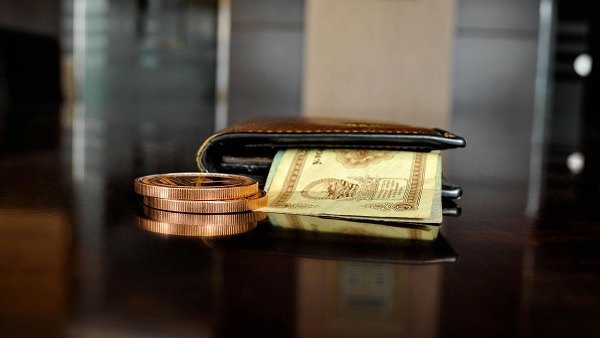How to Secure Your Bitcoin Investments

In the evolving world of cryptocurrency, securing your Bitcoin investments has never been more critical. With the digital nature of cryptocurrencies, Australian investors must be particularly vigilant about safeguarding their assets against theft, scams, and loss. This comprehensive guide by paybtc will walk you through the essential steps to protect your Bitcoin, focusing on the best practices for using wallets, understanding key security measures, and recognising common scams.
Understanding Bitcoin Wallets
Choosing the Right Bitcoin Wallet
Hot Wallets vs. Cold Wallets: Hot wallets are connected to the internet and provide convenience for frequent transactions. Examples include mobile and desktop apps. In contrast, cold wallets are offline storage options, like hardware wallets or paper wallets, offering enhanced security by reducing the risk of online hacks.
Software Wallets: These are apps or programs installed on your device. They offer a balance between security and convenience. Australian investors should look for wallets with strong security measures like two-factor authentication (2FA) and multi-signature options.
Hardware Wallets: Considered one of the safest options, hardware wallets store your private keys on a physical device, isolated from online threats. Brands like Ledger and Trezor are popular among Australians for their robust security features.
Setting Up Your Wallet Securely
- Secure Backup: Ensure you back up your wallet regularly and store backups in multiple secure locations.
- Updates: Keep your wallet software updated to protect against vulnerabilities.
- Multi-Signature: Use multi-signature wallets if possible, which require multiple keys to authorise a transaction, adding an extra layer of security.
Advanced Security Practices
Keeping Your Private Keys Safe
Your private keys are the most critical part of your Bitcoin security. Never share them with anyone and avoid storing them online or on your computer. Instead, write them down and store them in a secure place, like a safe.
Using Two-Factor Authentication (2FA)
2FA adds a second layer of security to your wallet. Even if someone obtains your password, they won’t be able to access your funds without also having the second factor, which is usually a code sent to your mobile device or generated by an app.
Regular Security Audits
Regularly review your security practices and wallet setups. Look for any potential vulnerabilities and address them promptly. Keep informed about the latest security threats and how they might affect your assets.
Common Scams and How to Avoid Them
Phishing Attacks
Scammers might try to trick you into giving them access to your wallet by pretending to be a legitimate service or business. Always double-check URLs and email addresses, and never click on suspicious links.
Fake Wallets and Apps
Be cautious when downloading wallets or apps. Use only verified and reputable sources. Scammers often create fake wallets to steal private keys.
Ponzi and Pyramid Schemes
These schemes promise high returns for your Bitcoin investment but pay profits to earlier investors using the capital from new investors. Be wary of any investment that sounds too good to be true.
Staying Informed: The Key to Security
Educate Yourself
Keep up to date with the latest in Bitcoin security and cryptocurrency technology. Australian resources like the Australian Securities and Investments Commission (ASIC) provide guidelines and warnings about cryptocurrency investments.
Participate in Community Forums
Engage with other Bitcoin investors on platforms like Reddit or local Australian forums. These can be valuable sources of information and support.
Follow Industry Leaders
Follow reputable figures and companies in the cryptocurrency industry on social media for insights and warnings about new threats.
Frequently Asked Questions
What is the safest way to store Bitcoin?
The safest way to store Bitcoin is by using a hardware wallet that keeps your private keys offline.
How often should I back up my Bitcoin wallet?
It’s wise to back up your wallet every time you make a significant transaction or when you add new addresses.
Are mobile wallets safe for storing Bitcoin?
Mobile wallets can be safe if they have robust security features like encryption and 2FA, but they are generally less secure than hardware wallets.
What should I do if I suspect a scam?
If you suspect a scam, cease all communications with the party involved, secure your assets, and report the incident to ASIC or local law enforcement.
Conclusion
Securing your Bitcoin investments requires vigilance, education, and the use of robust security tools. By following the best practices outlined in this guide, Australian investors can protect themselves against common threats and ensure that their digital assets remain safe. Stay informed, stay secure, and continue to explore the potential of your Bitcoin investments with confidence.
